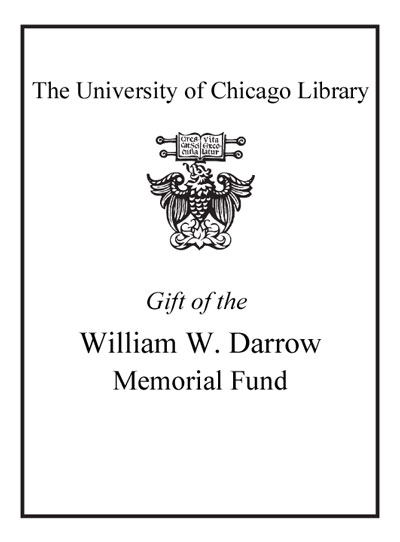Review by Choice Review
Wolf is a leading expert on gang violence in El Salvador, and in this book, she utilizes her vast experience and research to provide a comprehensive account of gang violence and state policy in El Salvador. In her rich, qualitative analysis, Wolf does an excellent job of contextualizing contemporary crime control policy against a broader historical backdrop. She notes the historical antecedents of both crime and state attempts to control it, linking contemporary security problems to historical legacies of inequality, political exclusion, and state repression. Wolf also highlights the importance of additional actors in formulating crime control policy, particularly NGOs, the media, and international lenders. She focuses heavily on the potential for NGOs to shape state policy toward gangs, examining the activism of three different groups (a legal advocacy organization, peer rehabilitation group, and Catholic development agency). Wolf traces how the origins, identities, ideologies, and finances of these NGOs determine the tactics they pursue. She concludes that these three NGOs were not effective in pressuring the state to adopt an effective, comprehensive, crime control policy, but she outlines how NGOs could contribute to such policies in the future. Summing Up: Recommended. Upper-division undergraduates through faculty. --Mary Fran T. Malone, University of New Hampshire
Copyright American Library Association, used with permission.
Review by Choice Review

